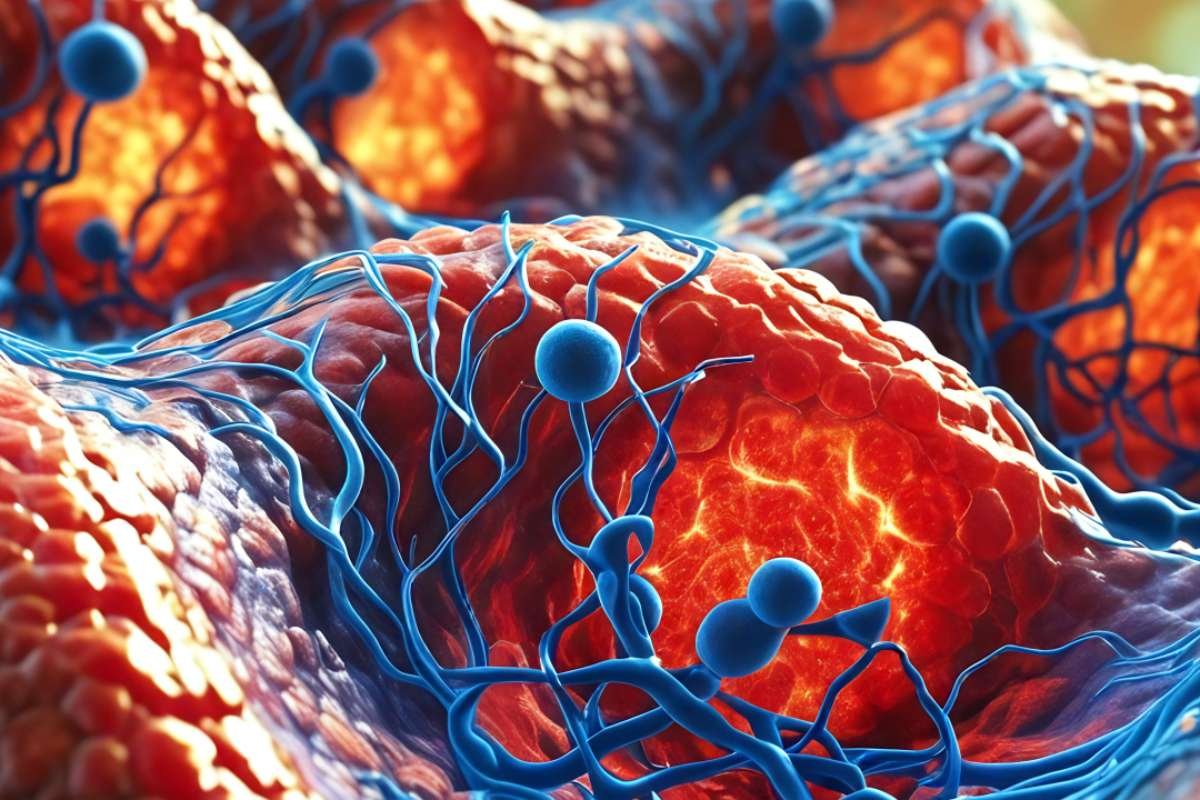A recent study has revealed a compelling connection between obstructive sleep apnea and Brain Damage to key memory-related regions in the brain. Researchers found that individuals who experienced low oxygen levels during rapid eye movement (REM) sleep showed more signs of small vessel damage in the brain, specifically in the form of white matter hyperintensities—bright spots on brain scans that indicate injury to the brain’s white matter.
The study, conducted by scientists at the University of California Irvine, involved 37 participants with an average age of 73, none of whom had cognitive impairments or were on sleep medications. Among them, 24 had been diagnosed with obstructive sleep apnea. By monitoring their oxygen levels during various sleep stages, including REM, and using brain imaging to assess structural changes, researchers found that decreased oxygen saturation during REM sleep strongly correlated with the presence of these brain abnormalities.
Lead author Dr. Bryce A. Mander explained, “Our study found that low oxygen levels from obstructive sleep apnea, especially during REM sleep, may be linked to cognitive decline due to damage to the small blood vessels in the brain and the downstream impact of this damage on parts of the brain associated with memory.”
Brain Damage Memory Loss Linked to Shrinking Brain Structures
Further investigation revealed that participants with greater white matter damage also showed reduced volume in the hippocampus and thinning in the entorhinal cortex—two critical regions involved in memory formation and consolidation. These structural changes were directly associated with poorer performance on memory tests taken before and after sleep.
The researchers noted that the degree of oxygen deprivation, particularly when blood oxygen saturation dropped below 90%, was a strong predictor of the extent of white matter hyperintensities. Prolonged periods below this threshold were particularly concerning, as they suggested ongoing injury to brain tissue due to lack of sufficient oxygen.
The hippocampus plays a vital role in forming new memories, while the entorhinal cortex serves as a hub that connects various parts of the brain involved in memory. The deterioration of these regions has long been associated with cognitive decline and neurodegenerative diseases such as Alzheimer’s.
Study Offers Clues to Aging and Alzheimer’s Memory Decline
While the study stops short of confirming a direct cause-and-effect relationship between sleep apnea and cognitive decline, it provides important clues about how the condition might contribute to memory loss in aging individuals. Sleep apnea disrupts REM sleep—a phase essential for memory consolidation and emotional processing—which may compound its impact on brain health.
“This research may partially explain how sleep apnea contributes to age-related cognitive decline and Alzheimer’s disease by impairing the brain’s ability to consolidate memories during sleep,” said Dr. Mander.
However, the study does come with limitations. The sample group was relatively small and lacked diversity, with participants primarily identifying as white or Asian. Therefore, additional research involving broader populations is needed to confirm these findings and explore their implications more widely.
As sleep disorders like obstructive sleep apnea continue brain damage to rise with age, understanding their effects on brain function may become essential in preventing or delaying memory-related conditions.
Also Read :- Ticking DNA Clock in Brain Cells Linked to Huntington’s Disease Progression










